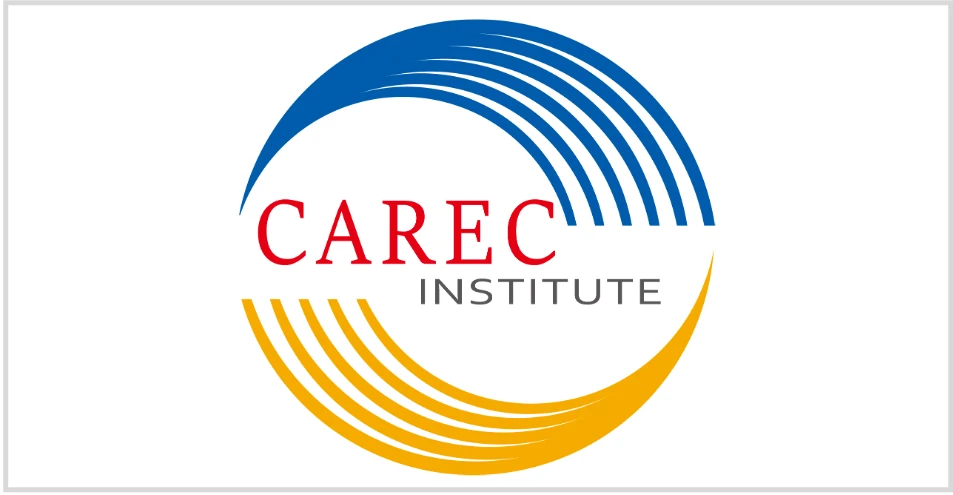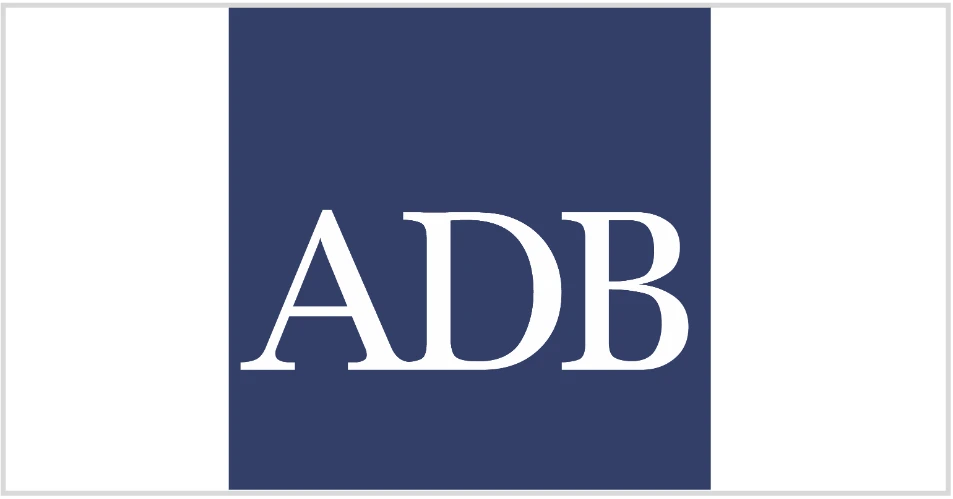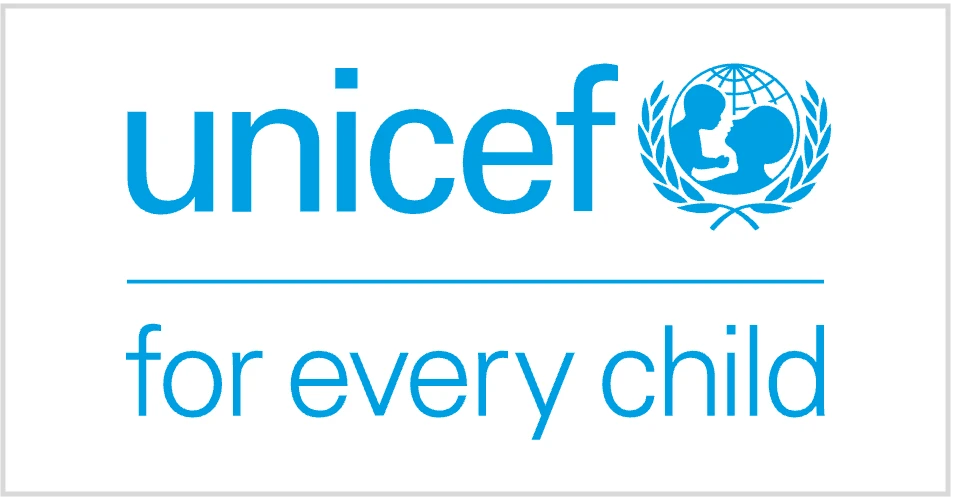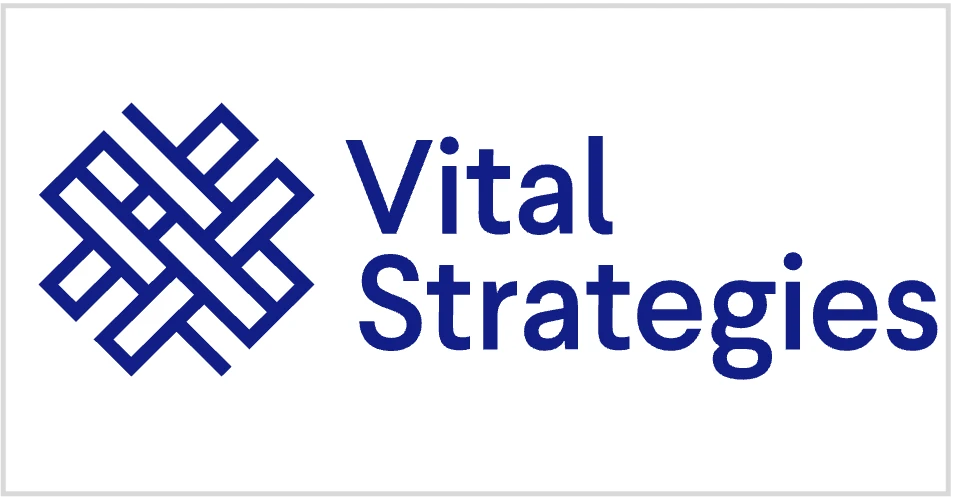Virtual WASH Centre
The partnership between UNICEF, the Asian Development Bank (ADB), and the CAREC Institute aims to establish a virtual CAREC WASH Centre with technical support from Vital Strategies to enhance knowledge sharing, capacity building, and the dissemination of best practices related to water, sanitation, hygiene, and health (WASH) in CAREC countries. This collaborative effort leverages the expertise, resources, and networks of the four organizations to address the critical WASH challenges faced by the region.
Home >> About us
WHO WE ARE
Our Vision
To cultivate a collaborative, innovative, and knowledge-rich environment across CAREC countries, where access to universal high-quality water, sanitation, and hygiene (WASH) services.
The Centre, under the partnership of ADB, UNICEF and CAREC Institute, aspires to be a leading hub for sharing expertise, advancing best practices, and fostering sustainable solutions that benefit individuals, institutions and communities in the CAREC region.
Our Mission
To empower CAREC countries to achieve excellence in climate-resilient and inclusive WASH services through the promotion of systems strengthening, knowledge sharing, technological innovation, and best practices.
By facilitating the sharing of know-how and data, partnerships among stakeholders, providing targeted capacity-building programs, and championing sustainable approaches, the Centre aims to strengthen WASH systems across the region and improve the health and well-being of all citizens, particularly children and vulnerable populations.
Guiding Principles
1. Collaborative knowledge sharing:
The Centre will facilitate the exchange of solutions and experiences across CAREC countries and beyond. It aims to bridge the support knowledge transfer among the People's Republic of China and other CAREC countries, facilitating cross-country collaboration and learning.
2. Innovative mitigation and adaptable solutions in the context of climate change:
The Centre promotes the adoption of cutting-edge technologies and evidence-based approaches to tackle WASH challenges. It encourages adaptability to local contexts and supports creative solutions tailored to individual countries' needs.
3. Targeted capacity building:
The Centre offers customized training programs and workshops to empower WASH policymakers, practitioners and civil society organizations. These initiatives aim to enhance their capacity, skills and knowledge to provide more cost-effective, climate-resilient, and inclusive WASH services.
4. Inclusive multisectoral engagement and partnerships:
The Centre convenes diverse stakeholders in this sector, including governments, academia, civil society, private sectors, development banks, and foundations, as well as end-users, youths and children. This collaborative approach fosters holistic and comprehensive solutions for evolving WASH challenges. These partnerships will also ensure knowledge products contribute to long-term investment and benefits for children in CAREC countries.
5. Data-driven and evidence-based decision-making:
The Centre supports the collection and analysis of data, and documentation of evidence from pilots to inform decision-making processes, guide interventions, and assess the effectiveness of WASH programs. By using evidence-based approaches, the Centre supports member countries to enhance the impact and sustainability of WASH initiatives.

The Central Asia Regional Economic Cooperation (CAREC) Institute is an intergovernmental organization dedicated to promoting economic cooperation through knowledge generation, capacity building and knowledge sharing in the CAREC region. As a leading regional knowledge hub, the CAREC Institute has a mission to support shared future and sustainable development in the CAREC region and beyond.

The Asian Development Bank (ADB) is committed to achieving a prosperous, inclusive, resilient, and sustainable Asia and the Pacific, while sustaining its efforts to eradicate extreme poverty. It assists its members and partners by providing loans, technical assistance, grants, and equity investments to promote social and economic development.

UNICEF works in the world’s toughest places to reach the most disadvantaged children and adolescents – and to protect the rights of every child, everywhere. Across more than 190 countries and territories, we do whatever it takes to help children survive, thrive and fulfill their potential, from early childhood through adolescence.

Vital Strategies helps governments strengthen their public health systems to contend with the most important and difficult health challenges. We design solutions that can scale rapidly and improve the lives of millions of people. Our mission is to work in partnership to reimagine evidence-based, locally driven policies and practices to advance public health.